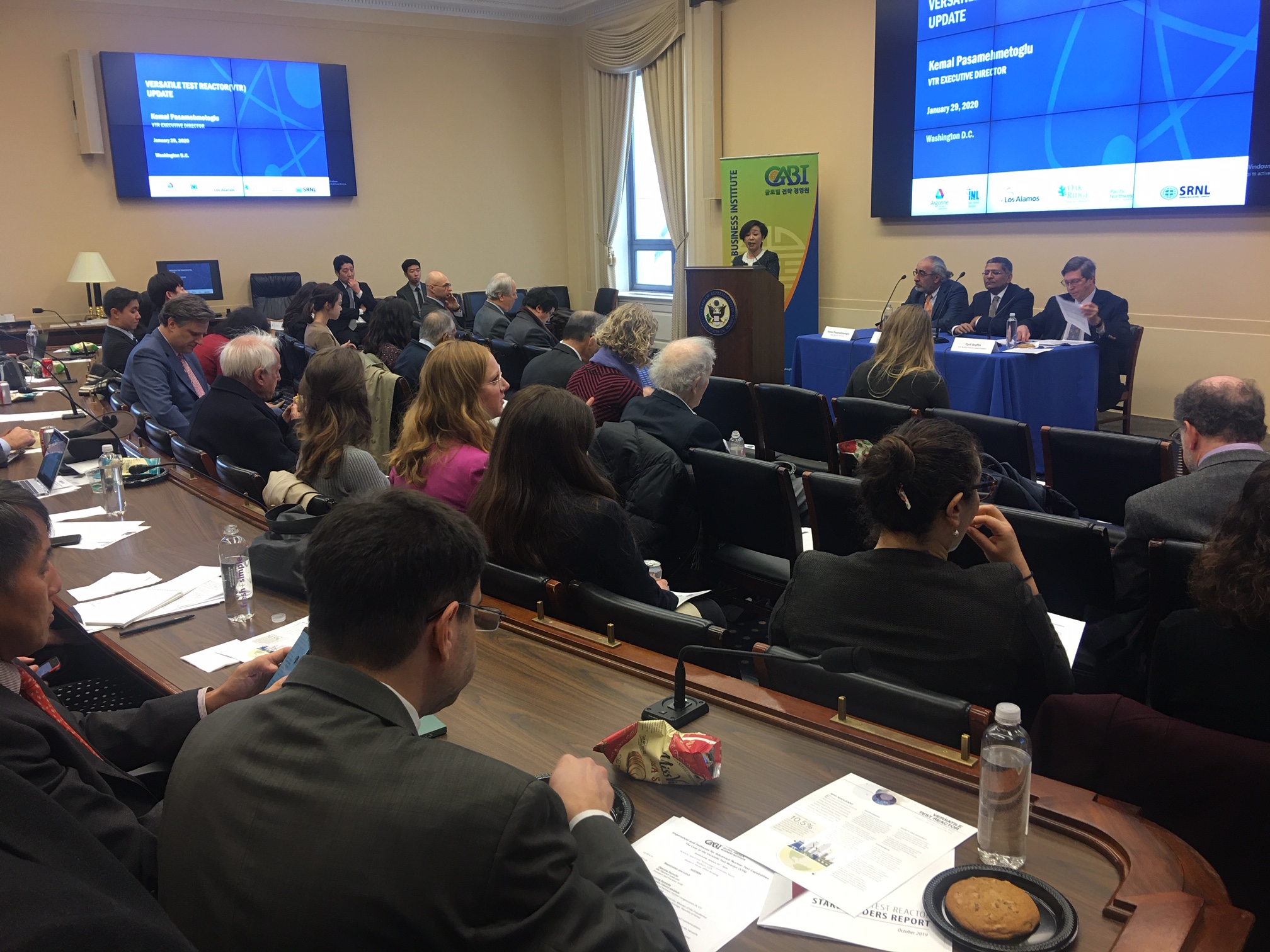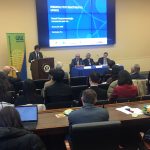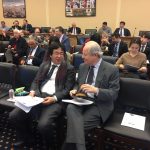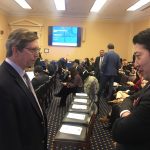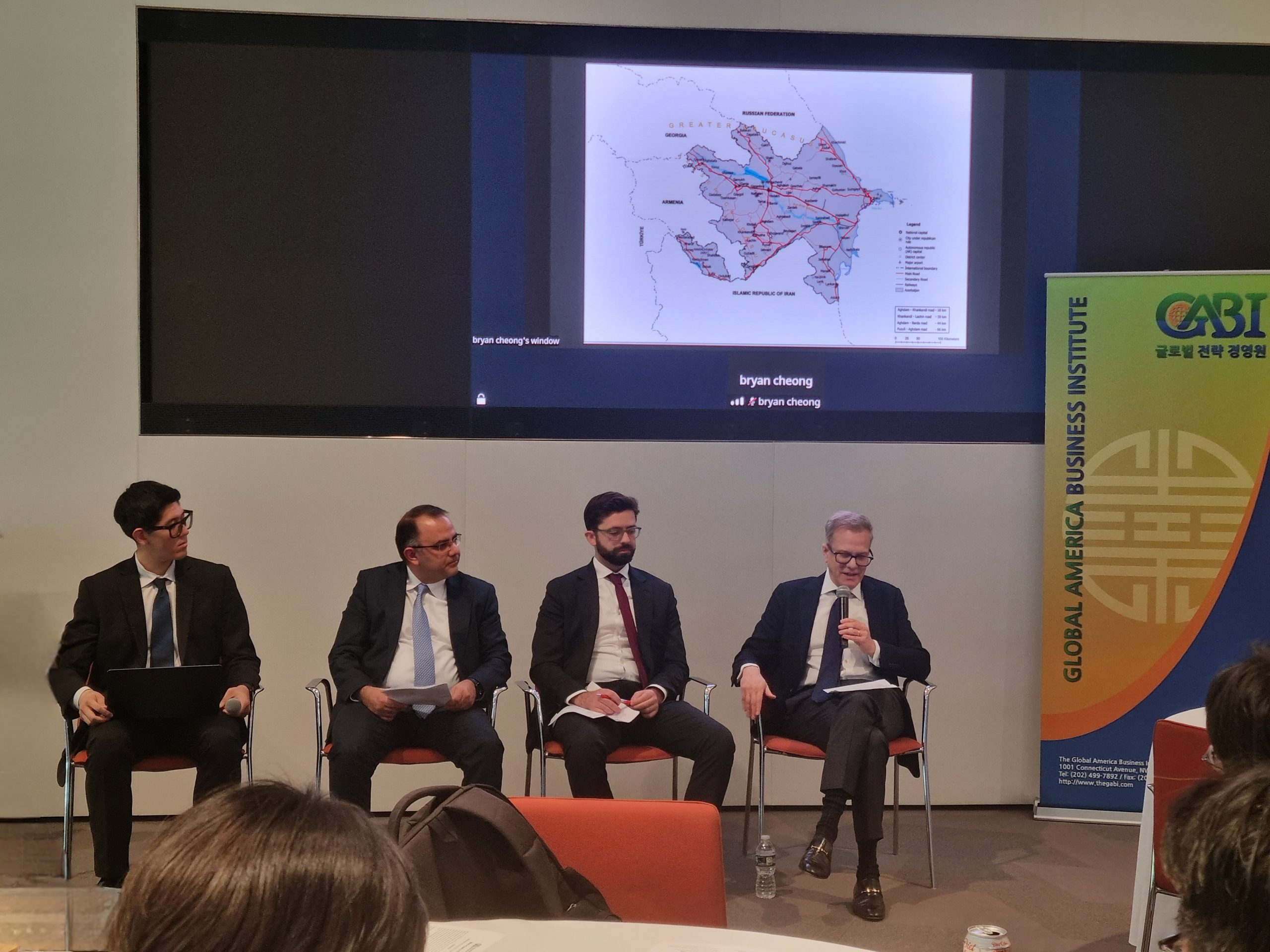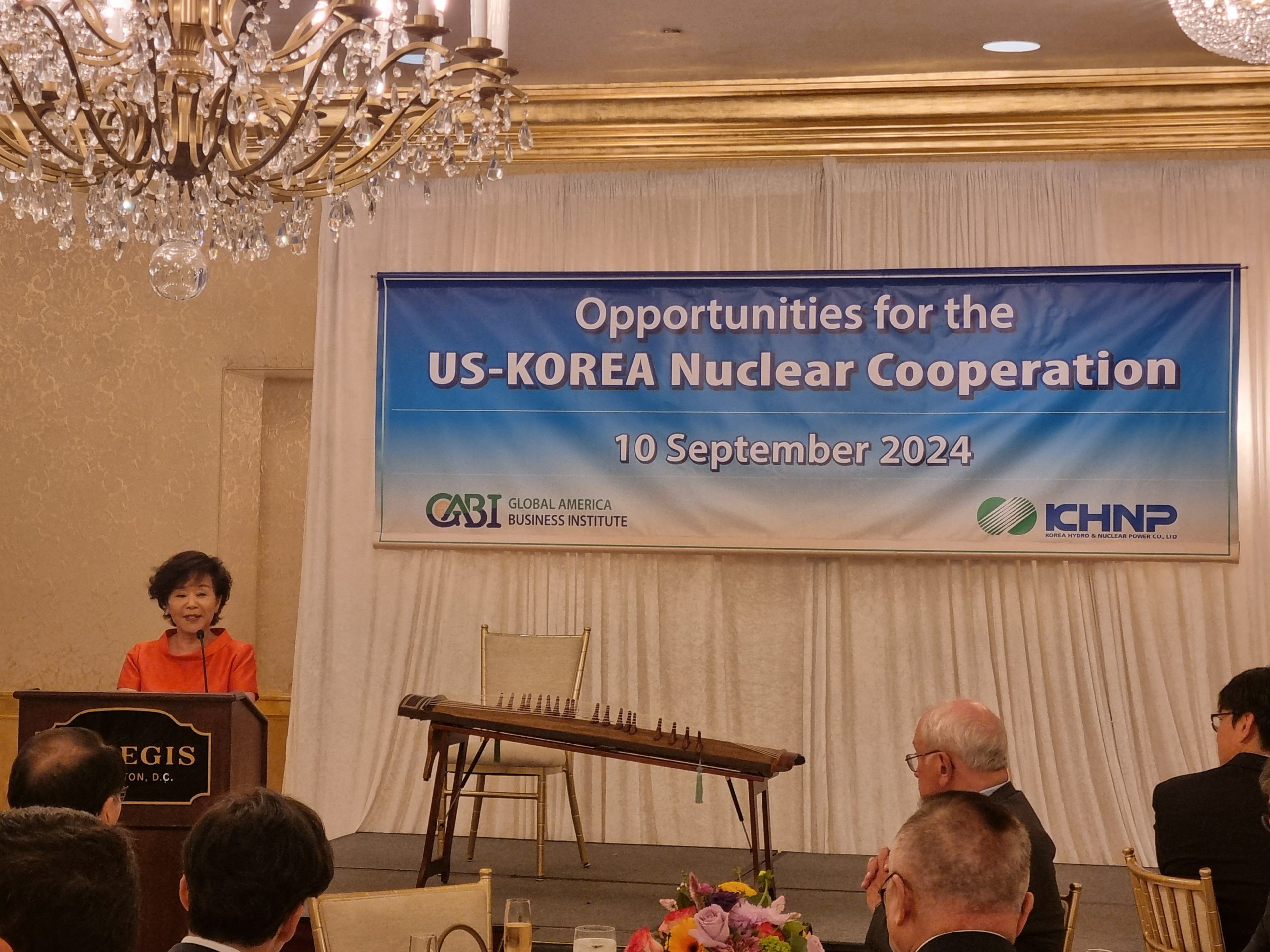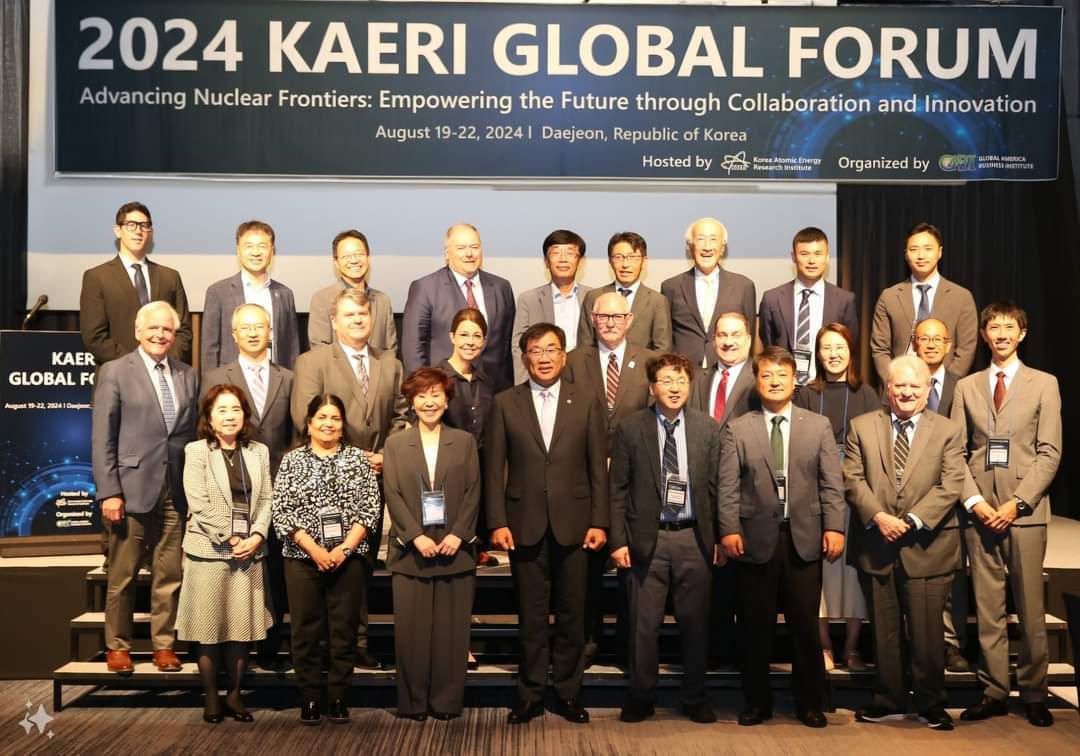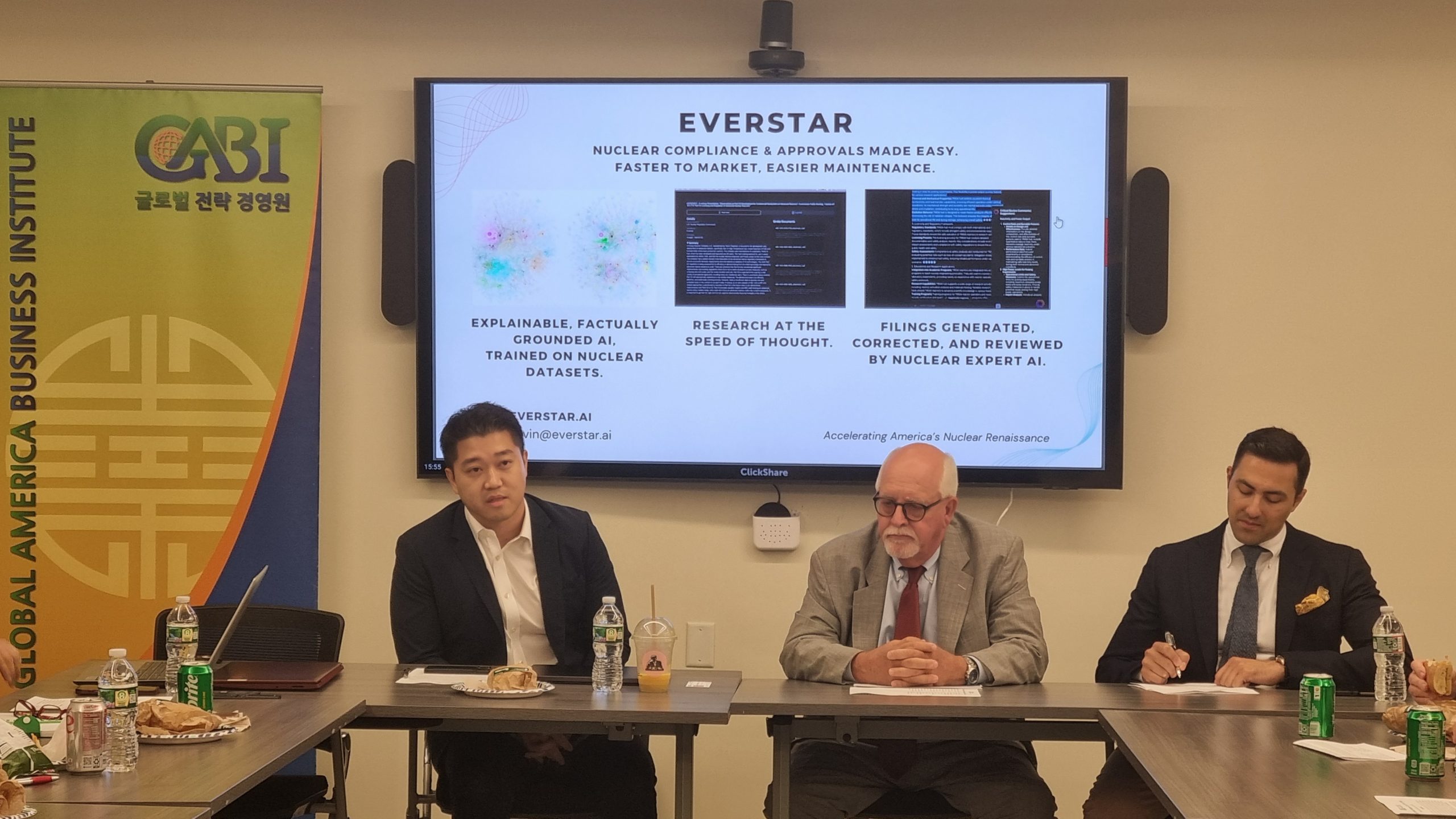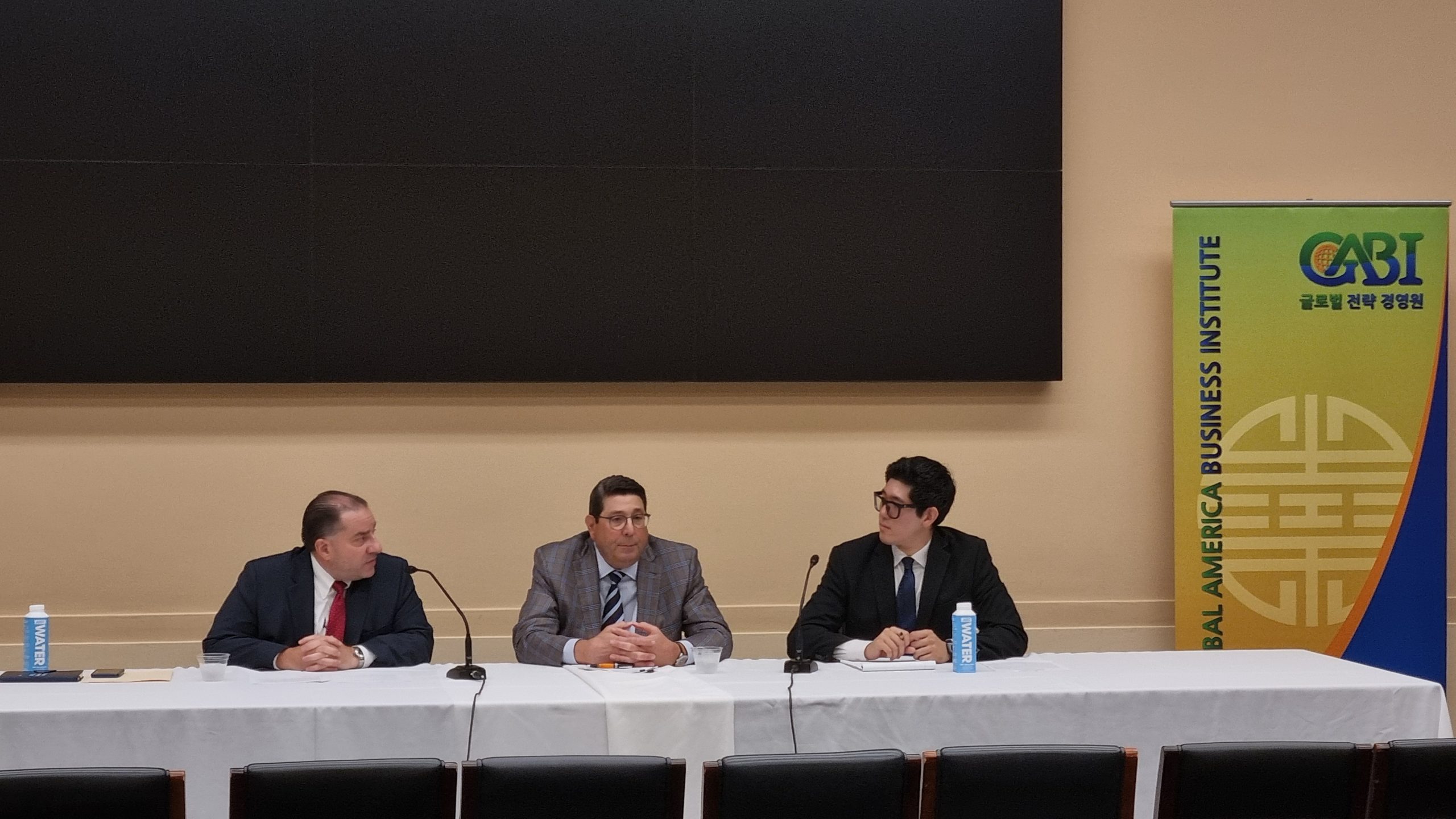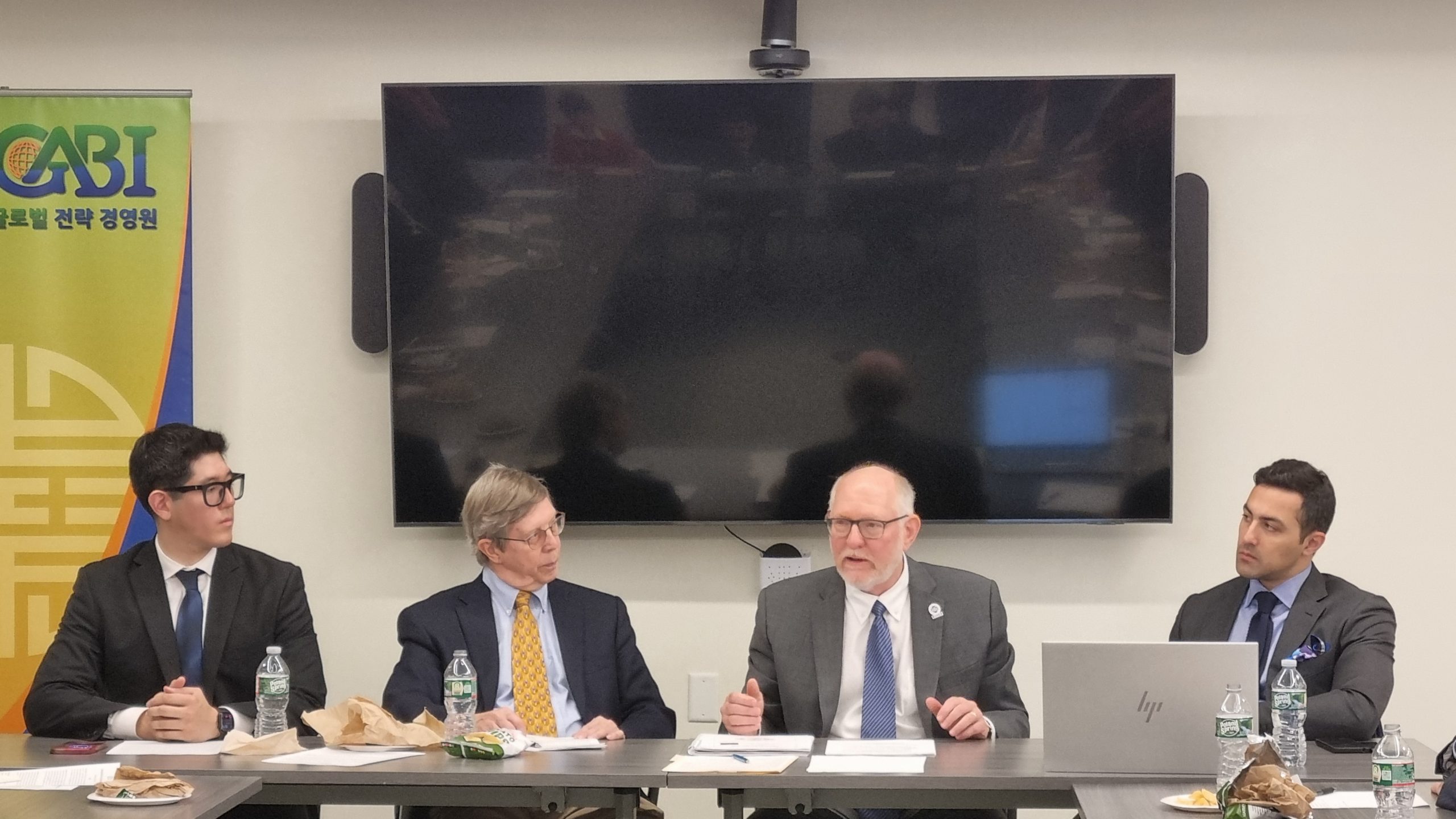As the global community moves towards cleaner energy generation sources, nuclear energy will play a
larger role. Specifically, advanced nuclear offers a number of key characteristics that may solidify its
significance as a large portion of the future energy mix, as it allows for more efficient fuel usage, improved
passive safety, and improved economics among a number of benefits. However, in order for the US to
realize the widespread deployment and commercialization of advanced reactors, further testing is required.
The Versatile Test Reactor (VTR) offers itself as a strong opportunity to develop the domestic capabilities to
test fuels, materials, sensors, and components in a fast reactor environment. By enabling this testing
capability, the US is securing its capability to retake the global nuclear technology leadership. Currently, the
only option for advanced reactor companies to perform fast reactor experiments is to utilize Russian state
owned facilities. Furthermore, losing the technology leadership in the nuclear industry prevents the US
from enforcing its own nonproliferation standards to emerging civil nuclear markets. Thus, the VTR project
represents both a pathway to gain technology leadership in advanced nuclear technologies and a
geopolitical tool that can be utilized to form long standing national alliances. The VTR is supported not only
through bipartisan Congressional support, but also through international cooperation and partnerships with
the domestic US advanced nuclear industry. Currently, the VTR project involves two international partners,
France and Japan, but there may be opportunities in the future for additional foreign entities to collaborate
on the VTR project.

